Climate and Ag in the news
-
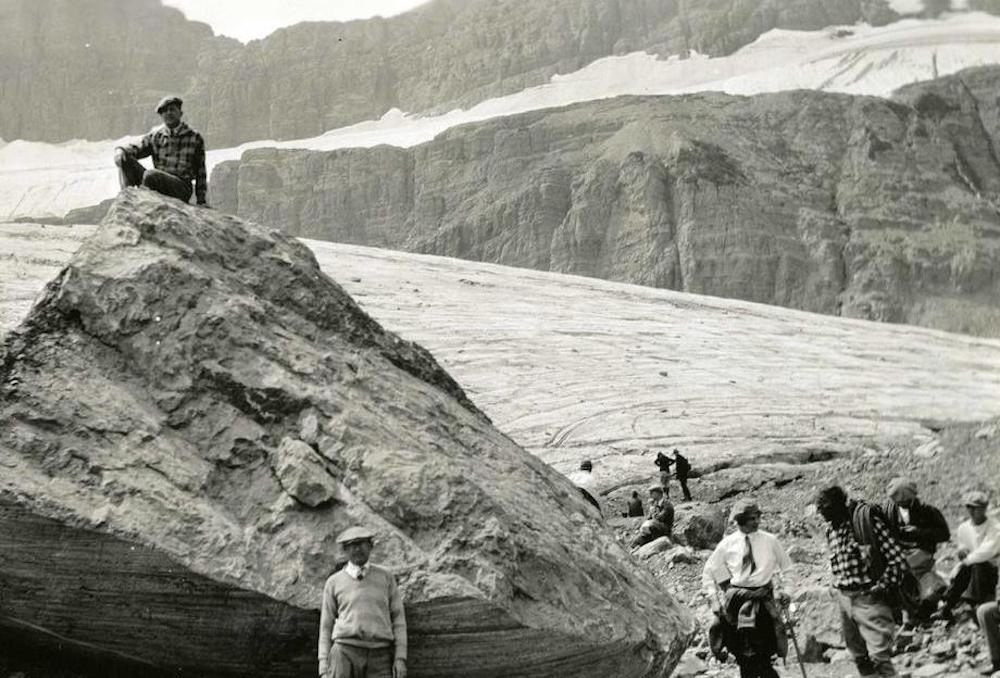
Most people are fascinated by “before and after” pictures showing how people and places can transform over time. This story from Yale Climate Connections shows how photographers are documenting changes to natural features caused by the warming climate by trying to recreate historic photographs of famous places. Where there was once a glacier, now there…
-

The very cold temperatures that occurred across the region were not that unexpected this time of year, which is usually the coldest period in winter. But because of the very warm December and warmer than normal January in Georgia and Florida, many crops developed much earlier than usual, leaving them particularly vulnerable to the frost.…
-
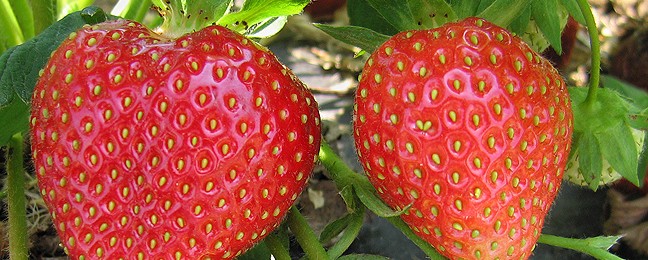
The weather this winter has affected our fruit crops in a number of ways. Early October was relatively warm, so farmers who planted strawberries early in the month saw good growth, but later in the month and through November things were quite cold, so the berries did not grow much during that time period. Once…
-

The hottest large city in the United States is Phoenix. In 2020, almost 200 people died from the extreme heat there. Because it is in a desert climate, the daytime temperatures can rocket upward, putting its citizens at extreme risk. Phoenix is using a variety of techniques to try to reduce the temperatures in the…
Posted in: Climate and Ag in the news -
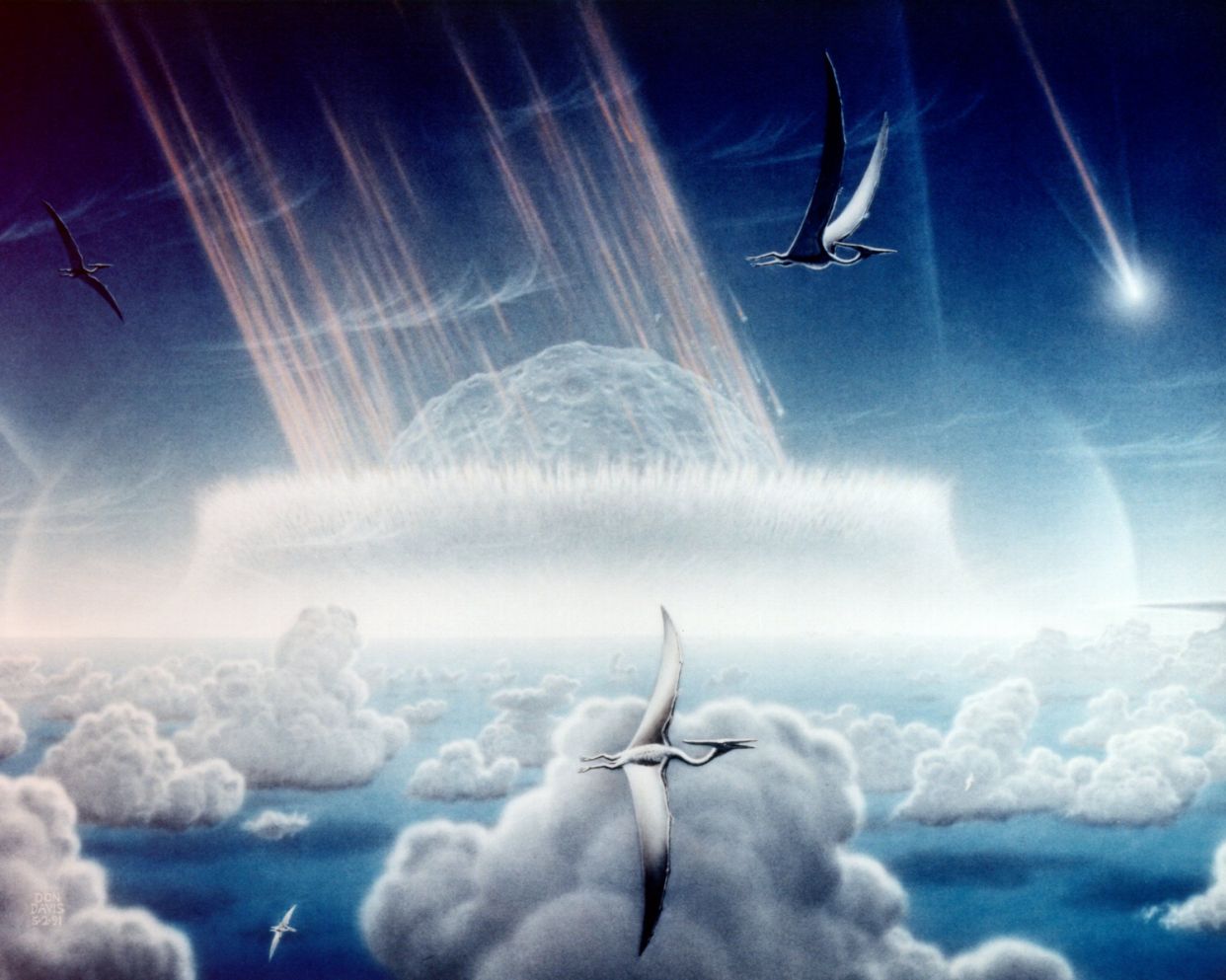
This story is not really an agriculture or climate story, but it’s a very interesting look at how paleontologists determined the month in which a meteor crashed into the earth. This event led to the extinction of most dinosaurs 66 million years ago. The scientists did it by looking at fossils found in rocks created…
-
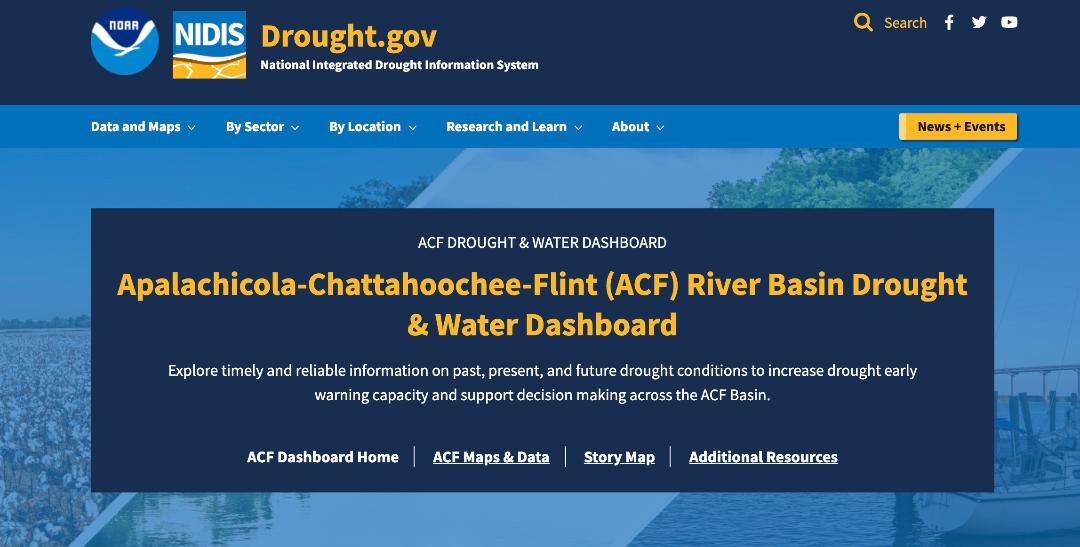
This week the National Integrated Drought Information System (NIDIS) and its partners launched a brand new dashboard with a lot of information on climate, water, and drought in the Southeastern United States, particularly the ACF (Apalachicola-Chattahoochee-Flint) Basin. They thank you and all the participants in the design process for being a part of the listening…
-
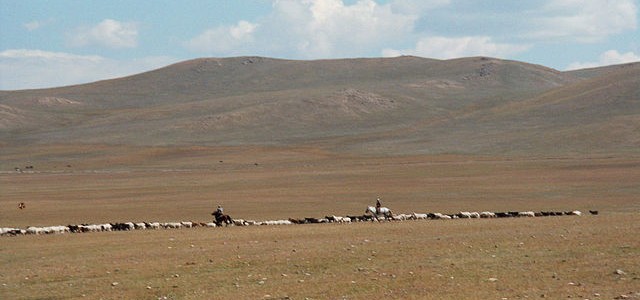
Like many ecological disasters, there is not a single cause of the disaster. I was intrigued and saddened to read this story about the loss of many livestock in Mongolia due to a combination of extreme and more frequent drought and heavy winter snows coupled with overgrazing. The combination leaves little available food to get…